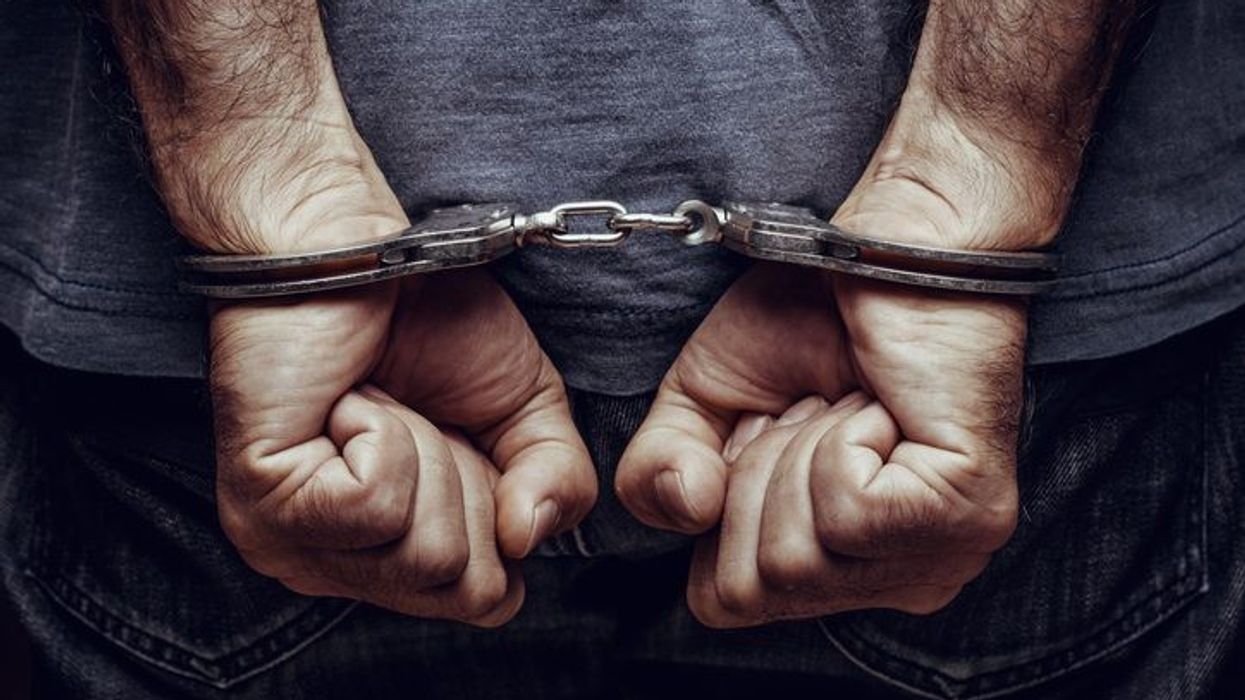INDIAN police said Saturday (4) they had arrested the social media chief of the country's main opposition party over accusations he doctored a widely shared video during an ongoing national election.
The Congress party's Arun Reddy was detained late Friday (3) in connection with the edited footage, which falsely shows India's powerful home minister Amit Shah vowing in a campaign speech to end affirmative action policies for millions of poor and low-caste Indians.
Shah is often referred to as the second-most powerful man in India after prime minister Narendra Modi, and the pair have been close political allies for decades.
Reddy "was arrested yesterday on investigation about... a doctored video of the home minister", said deputy commissioner of Delhi police Hemant Tiwari.
"We produced him in the court and he is in police custody."
Congress spokesperson Shama Mohamed confirmed Reddy's arrest but denied he was responsible for creating or publishing the clip.
"He is not involved in any doctored video. We are supporting him," she said.
Authorities seized Reddy's electronic devices for forensic verification, the Indian Express newspaper reported Saturday, quoting an unnamed police officer who accused Reddy of having "cropped and edited" the video.
Shah has been campaigning on behalf of Modi's ruling Bharatiya Janata Party (BJP), which is widely expected to win a third term when India's six-week election concludes next month.
Analysts have long expected Modi to triumph against a fractious alliance of Congress and more than two dozen parties that have yet to name a candidate for prime minister.
His prospects have been further bolstered by several criminal investigations into his opponents and a tax investigation this year that froze Congress's bank accounts.
Opposition figures and human rights organisations have accused Modi's government of orchestrating the probes to weaken rivals.
Modi's government remains widely popular a decade after coming to power, in large part due to its positioning of the nation's majority Hindu faith at the centre of its politics despite India's officially secular constitution.
That in turn has left India's 220 million-strong Muslim community feeling threatened by the rise of Hindu nationalist fervour.
Since voting began last month, both Modi and Shah have stepped up campaign rhetoric on India's principal religious divide in an effort to rally voters.
In the original campaign speech at the centre of the police investigation against Reddy, Shah vows to end affirmative action measures for Muslims established in the southern state of Telangana.
Modi last month used a campaign rally to refer to Muslims as "infiltrators" and "those who have more children", prompting condemnation and an official complaint to election authorities by Congress.
But the prime minister has not been sanctioned for his remarks despite election rules prohibiting campaigning on "communal feelings" such as religion, prompting frustration from the opposition camp.
"Where is the election commission when the Prime Minister is spewing hate every day?" Shama said.
(AFP)





